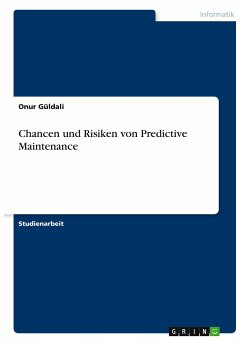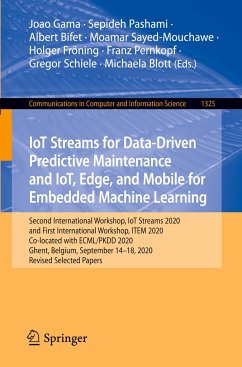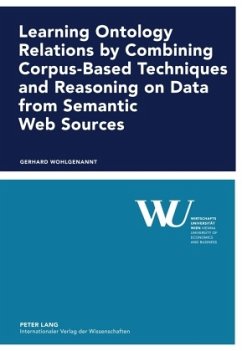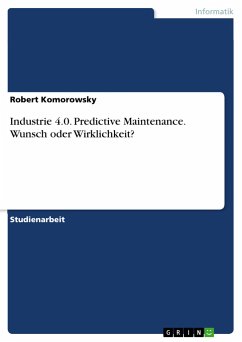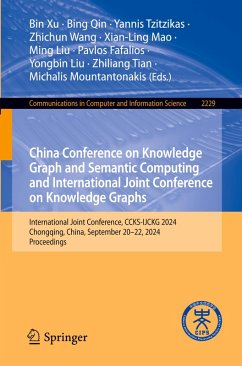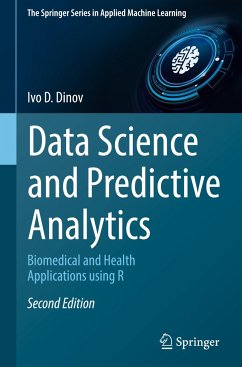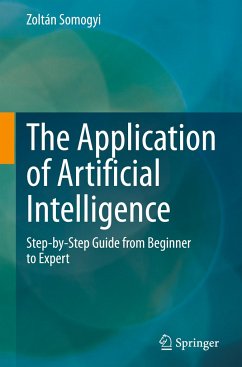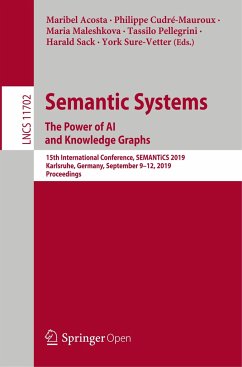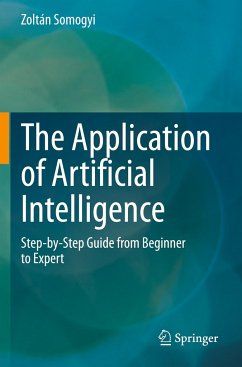
Combining Expert Knowledge and Deep Learning with Case-Based Reasoning for Predictive Maintenance

PAYBACK Punkte
38 °P sammeln!
If a manufacturing company's main goal is to sell products profitably, protecting production systems from defects is essential and has led to vast documentation and expert knowledge. Industry 4.0 has facilitated access to sensor and operational data across the shop floor, enabling data-driven models that detect faults and predict failures, which are crucial for predictive maintenance to minimize unplanned downtimes and costs. Commonly, a universally applicable machine learning (ML) approach is used without explicitly integrating prior knowledge from sources beyond training data, risking incorr...
If a manufacturing company's main goal is to sell products profitably, protecting production systems from defects is essential and has led to vast documentation and expert knowledge. Industry 4.0 has facilitated access to sensor and operational data across the shop floor, enabling data-driven models that detect faults and predict failures, which are crucial for predictive maintenance to minimize unplanned downtimes and costs. Commonly, a universally applicable machine learning (ML) approach is used without explicitly integrating prior knowledge from sources beyond training data, risking incorrect rediscovery or neglecting already existing knowledge. Integrating expert knowledge with ML can address the scarcity of failure examples and avoid the learning of spurious correlations, though it poses technical challenges when combining Semantic Web-based knowledge graphs with neural networks (NNs) for time series data.
For his research, a physical smart factory model with condition monitoring sensors and a knowledge graph was developed. This setup generated the required data for exploring the integration of expert knowledge with (Siamese) NNs for similarity-based fault detection, anomaly detection, and automation of root cause analysis. Patrick Klein applied symbolic and sub-symbolic AI techniques, demonstrating that integrating expert knowledge with NNs enhances prediction performance and confidence in them while reducing the number of learnable parameters and failure examples.
For his research, a physical smart factory model with condition monitoring sensors and a knowledge graph was developed. This setup generated the required data for exploring the integration of expert knowledge with (Siamese) NNs for similarity-based fault detection, anomaly detection, and automation of root cause analysis. Patrick Klein applied symbolic and sub-symbolic AI techniques, demonstrating that integrating expert knowledge with NNs enhances prediction performance and confidence in them while reducing the number of learnable parameters and failure examples.





